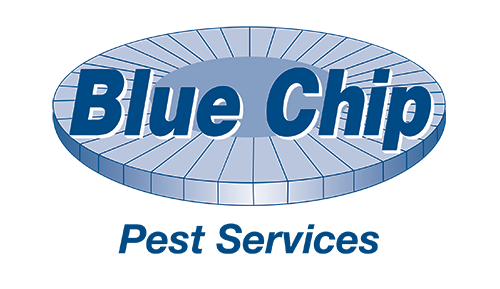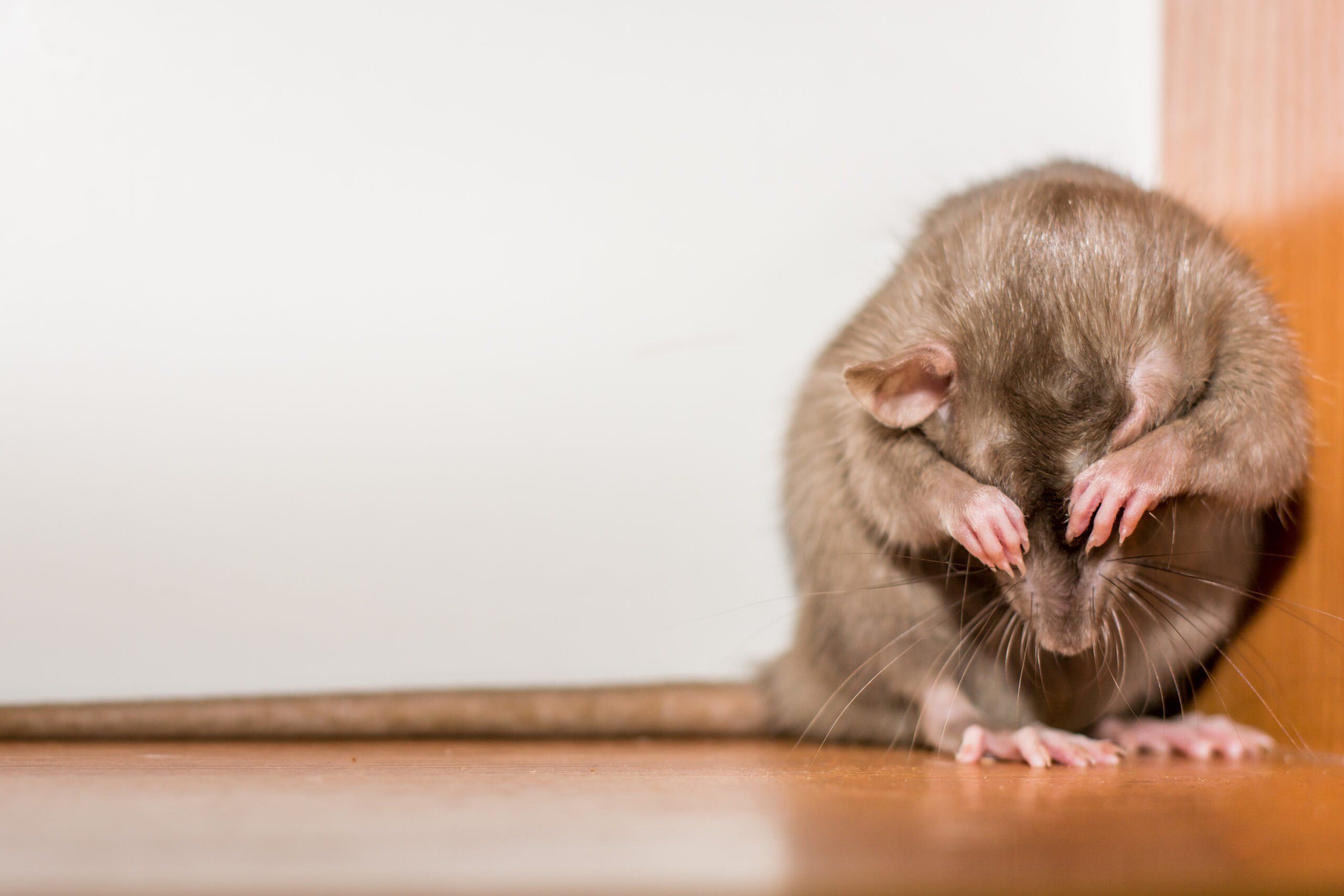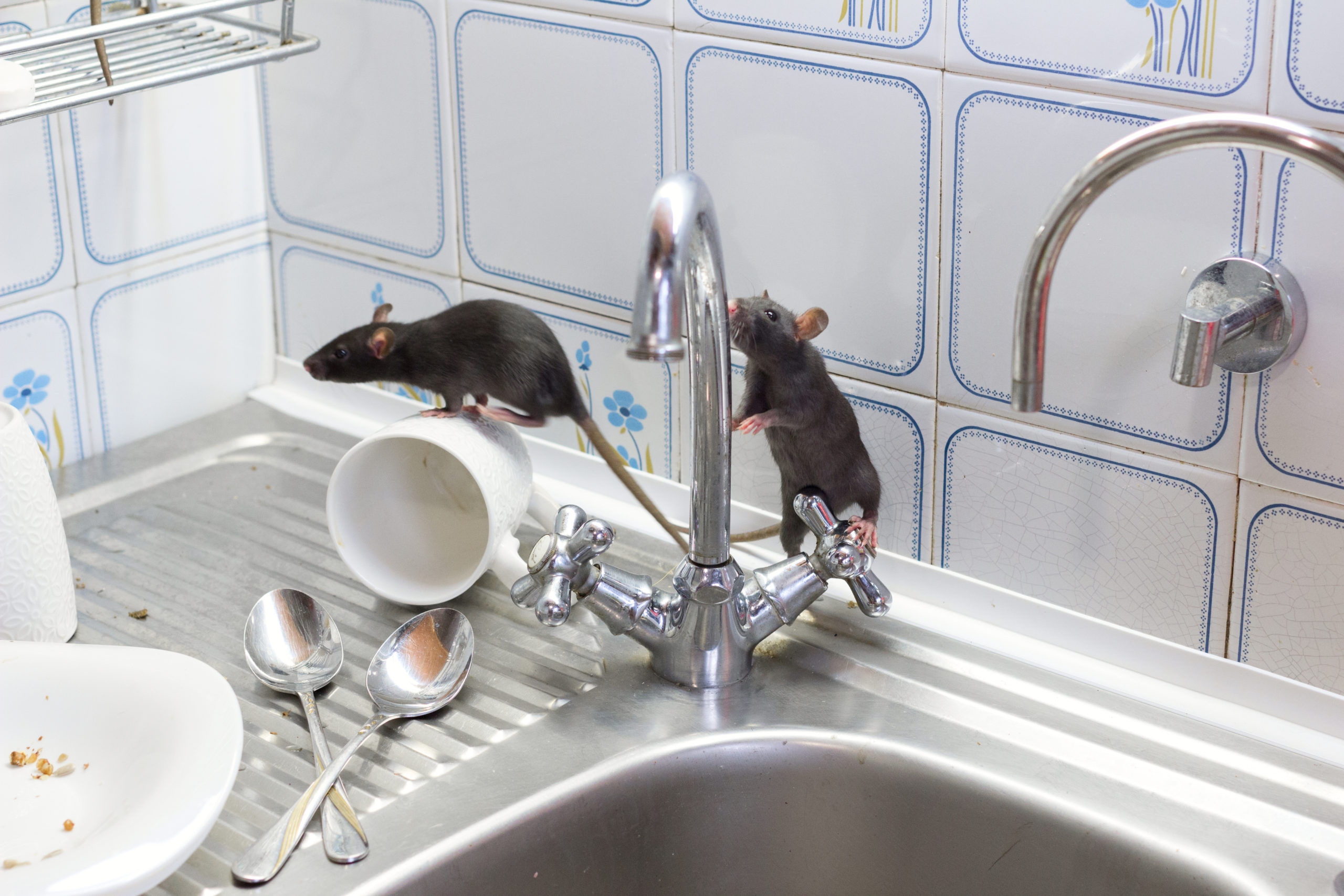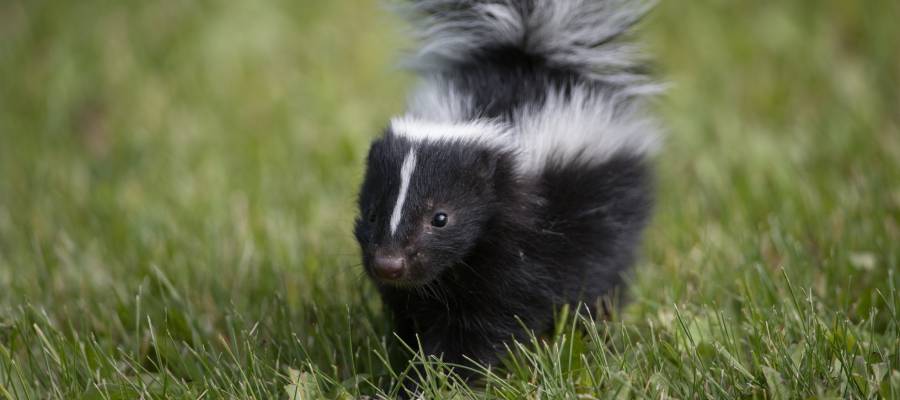Mice and rat infestations are easy to spot if you can recognize the signs. Regardless of the kind of rodent, their habits tend to be the same. They like to chew, chitter and scratch, and leave their dropping nearly everywhere you go. Once you find evidence of a rat or mouse infestation, you can call on the team at Blue Chip Exterminating to clear them out of your property. However, in many cases that’s not all that needs to be done. If the rodents in your house made their way into your home’s insulation, they likely caused damage beyond the scope of what an exterminator is qualified to handle.
What do rats and mice do to insulation? What can you do fully protect yourself fully from rodents and other pests? Let’s answer both below.
Rodents and Insulation: A Toxic Romance
The insulation in the walls and attic of your home functions by slowing the transfer of heat to keep you warm in the winter and cool in the summer. Fiberglass batting is the most popular choice for homes in the St. Louis area – and, coincidentally, it is also the most attractive to rodents. It’s soft and fluffy, very easy to tunnel through and tear to eat or make a nest. And since insulated areas are usually dark and undisturbed, they make a perfect home for rats and mice.
These areas are the first targeted when treating rodent infestations. But even if we remove rats and mice from the property, we can’t clean their droppings and other signs of their presence. You can’t clean or repair damaged insulation, and in many cases the best thing to do is replace the material. And we suggest leaving this job to a professional. Rodent droppings potentially contain Hantavirus, which can spread into the air if handled improperly. An expert can replace your insulation safely and effectively. You may be asking, though, do you have to wait for things to get that bad? Replacing even just your attic insulation can cost $2,500 or more on average. Is there a way to avoid costs like these?
Preventing Rodents through Wildlife Exclusion
It’s one thing to work to remove rats or mice from a house. It’s another to look at a rodent infestation and acknowledge that these pests got inside through somewhere. As you read this there are likely vulnerabilities in your property that rodents could get into. And the best way by far to protect your home’s insulation is by addressing these entry points that mice and rats can take advantage of. It’s called wildlife exclusion, and it’s a core component of our rodent extermination strategy. With that in place your property will be cleaner and able to function more efficiently.
Blue Chip Pest Services is well-trained in every aspect of rodent control and extermination. If you want a comprehensive level of service that works with your needs in mind, you’ve come to the right place. Contact us today to get started!




